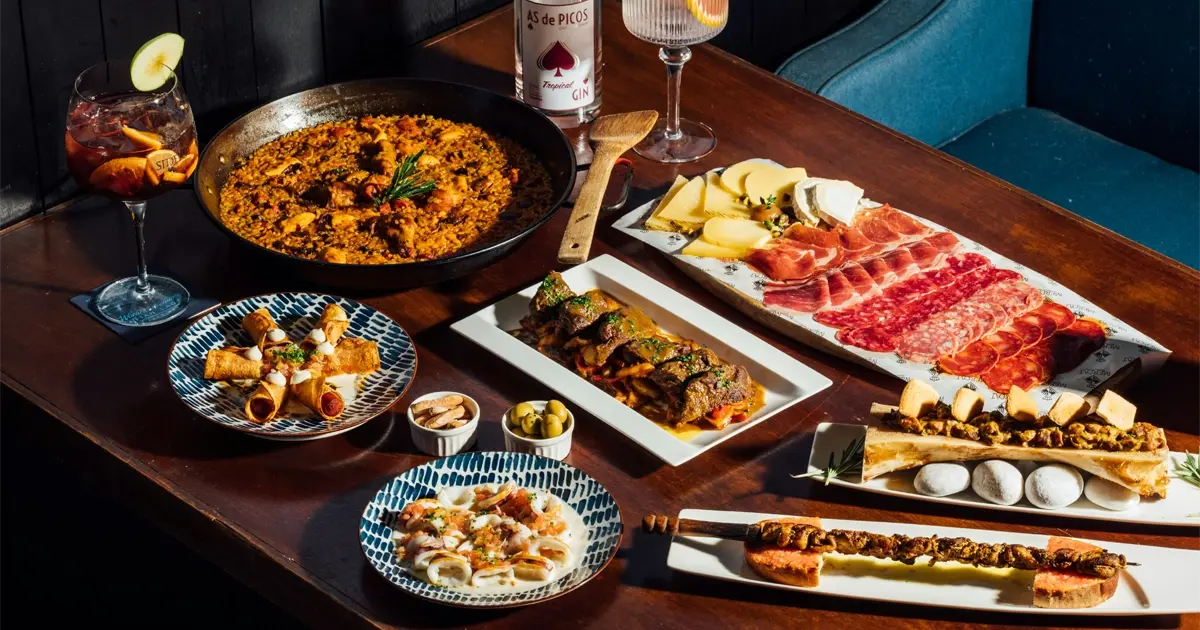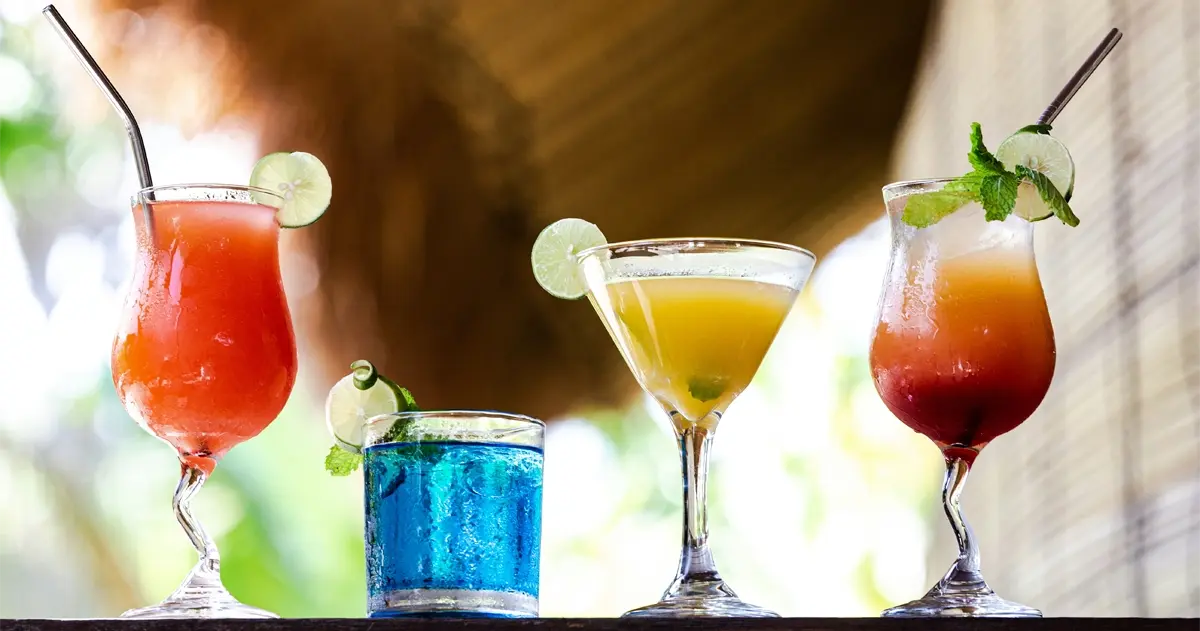
Football Culture in Spain: Passion, Rituals and Identity
Last update: September 3, 2025
Reading time: 7.8 min
Football in Spain: A Mirror of National Identity
A Passion Rooted in Daily Life
Football (fútbol) in Spain isn’t just a weekend hobby — it’s woven into the national fabric. From schoolyards to city squares, from beach games to bar conversations, the sport is deeply embedded in daily life.
Children grow up playing in the streets, dreaming of becoming the next national icon. Families watch matches together. Colleagues dissect goals and controversial calls by the coffee machine. Football is a cultural rhythm that connects generations.
A Universal Language of Belonging
In Spain, talking about football is a social shortcut. It’s a conversation starter, a community builder, and a shared passion that bridges age, class, and even language. Whether you’re a lifelong fan or a curious observer, engaging in football talk can open doors to deeper connections.
Choosing a Club: Your Social Entry Point
Football Clubs as Cultural and Regional Symbols
Each major football club in Spain represents more than just athletic excellence — it carries historical, political, and cultural meaning:
-
FC Barcelona: A proud symbol of Catalan identity and autonomy.
-
Real Madrid: Associated with national unity, tradition, and royal heritage.
-
Atlético Madrid: The underdog club of the people, passionate and resilient.
-
Athletic Bilbao: A bastion of Basque pride, only recruiting local players.
-
Sevilla FC & Real Betis: Two faces of Seville’s identity — class divides and neighborhood rivalries.
Support a Club, Join a Community
Even if you don’t plan on becoming a superfan, supporting a local club is a social passport. For expats, it’s an easy way to show interest in the culture, find conversation starters, and create bonds with neighbors and coworkers.
Matchday in Spain: A Weekly Social Ritual
The Stadium Experience: Electrifying and Emotional
Going to a football match in Spain isn’t just about the game — it’s about the experience:
-
Streets near the stadium fill with street vendors, flags, and chants hours before kickoff.
-
Inside the stadium, fans chant in unison, wave scarves, and sing club anthems.
-
The atmosphere is welcoming yet intense, often shared among families and friends.
Even if you’re not fluent in Spanish, attending a match live is a deeply immersive cultural moment that doesn’t need translation.
Bars: The Social Stadium for Everyone
If you can’t get a stadium ticket, local bars are the next best thing — and often just as loud:
-
Giant TV screens, flowing drinks, and animated fans.
-
A perfect place to engage with locals, whether you’re high-fiving over a goal or arguing a red card decision.
-
Many expats say their first real friendships in Spain started during a football night at the bar.
Understanding Rivalries: Local Pride and History Collide
El Clásico: The Ultimate Cultural Clash
The showdown between Real Madrid and FC Barcelona — known as El Clásico — is the most-watched club football match in the world. But in Spain, it represents much more:
-
Madrid: national unity, centralism, power.
-
Barcelona: regional pride, cultural resistance.
On Clásico days, cities slow down. Conversations revolve around team lineups, referee choices, and historic comebacks. To witness one in Spain is to feel the pulse of the nation.
Regional Derbies: Rivalries with Roots
Spain is full of regional derbies with deep cultural meaning:
-
Madrid Derby: Real vs Atlético — prestige vs grit.
-
Seville Derby: Sevilla FC vs Betis — class and culture colliding.
-
Basque Derby: Athletic Club vs Real Sociedad — proud but respectful.
-
Catalan Derby: Barça vs Espanyol — local vs nationalist tensions.
These aren’t just matches — they’re city-wide events, and locals expect every resident (yes, even expats) to feel the emotion.
Football in the Media: The Nation’s Favorite Soap Opera
Sports Newspapers: Daily Must-Reads
Spain’s sports press — especially Marca, AS, Sport, and Mundo Deportivo — sell in the hundreds of thousands of copies every day, often outselling mainstream papers like El País.
Reading a sports paper in the morning café is a national ritual, and a great way to follow the conversation — or start one.
TV Talk Shows and Social Media Debates
Spanish football media is passionate, loud, and addictive:
-
El Chiringuito de Jugones is Spain’s most famous football talk show, mixing humor, rage, and intense debate.
-
After every big match, hashtags flood Twitter/X, Instagram stories, and TikTok edits — often trending globally.
As an expat, joining the conversation (even just watching) helps you understand the emotional temperature of the country.
Football in Everyday Language and Pop Culture
Football Idioms Used in Daily Conversations
Spanish people love to use football as metaphor — here are a few you’ll hear often:
| Expression (Spanish) | Literal Translation | Common Usage Meaning |
|---|---|---|
| Estar fuera de juego | To be offside | To be out of touch / out of context |
| Marcar un gol | To score a goal | To succeed |
| Ir al banquillo | To go to the bench | To be sidelined / excluded |
| Empatar el partido | To tie the match | To balance a situation |
Learning a few of these helps you navigate conversations like a native.
Football in Music, Ads, and Nightlife
-
Football chants like “¡Hala Madrid!” or “Yo soy español” are heard in nightclubs and street parties.
-
Players become pop culture icons, featured in ads, talk shows, and even comedy sketches.
-
Football isn’t confined to stadiums — it’s part of everyday life and humor.
The National Team: Uniting a Diverse Country
La Roja: The Nation’s Emotional Anchor
Spain’s national team, La Roja, is a source of collective pride, especially during international tournaments like the World Cup or Euro.
The 2010 World Cup win wasn’t just a sports moment — it was a national celebration that filled the streets and united the country.
During big games:
-
Fan zones appear in major city squares.
-
Buildings hang flags.
-
Streets go silent — until a goal erupts and you hear cheers echo across the neighborhood.
Being part of these events — even as a foreigner — is a unique chance to feel Spanish unity in its rawest form.
How Expats Can Connect Through Football
Follow Your Local Club
Supporting your local team — even casually — is a powerful social gesture. You don’t need to know all the players or rules, but showing interest earns instant respect.
Join a Peña (Supporter Club)
These are official or informal fan clubs found in nearly every Spanish city. Many welcome expats and host:
-
Group match viewings
-
Stadium trips
-
Cultural events and community work
Being part of a peña means you belong to something bigger than yourself.
Participate in Match Nights at Bars
You don’t need an invitation. Just walk into a local bar during a match:
-
Order a drink, comment on the game, cheer when others do.
-
Spaniards are incredibly friendly to football newcomers.
-
You’ll often be invited into post-match conversations or future gatherings.
Learn Basic Football Phrases
Here are a few essential phrases to help you integrate:
| Spanish | English Meaning |
|---|---|
| ¡Gol! | Goal! |
| ¡Vamos! | Let’s go! |
| Fuera de juego | Offside |
| La afición | The fans / supporters |
| ¡Hala Madrid! | Go Madrid! |
| ¡Visca el Barça! | Long live Barça! |
Source : Marca – Journal sportif espagnol
Why Football Matters in Spanish Social Life
Football in Spain is not just entertainment — it’s a thread that runs through identity, politics, community, and joy.
Whether you’re sitting in a café reading Marca, joining a crowd at the bar on match night, or singing with fans in a stadium — you’re not just watching a sport. You’re participating in one of the country’s most meaningful social rituals.








